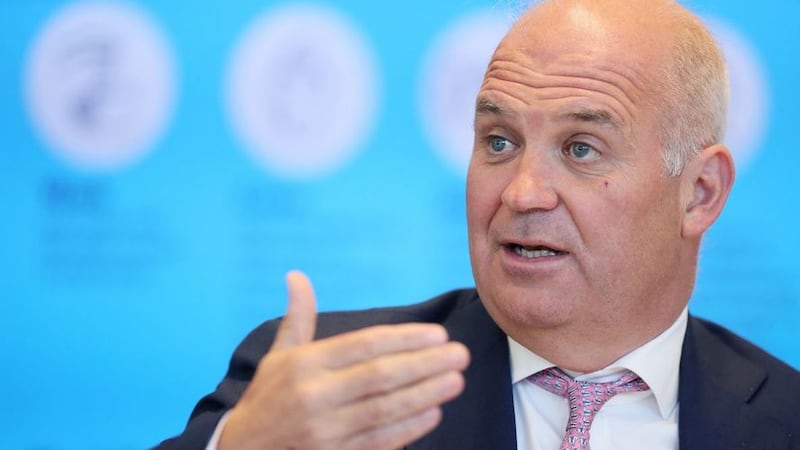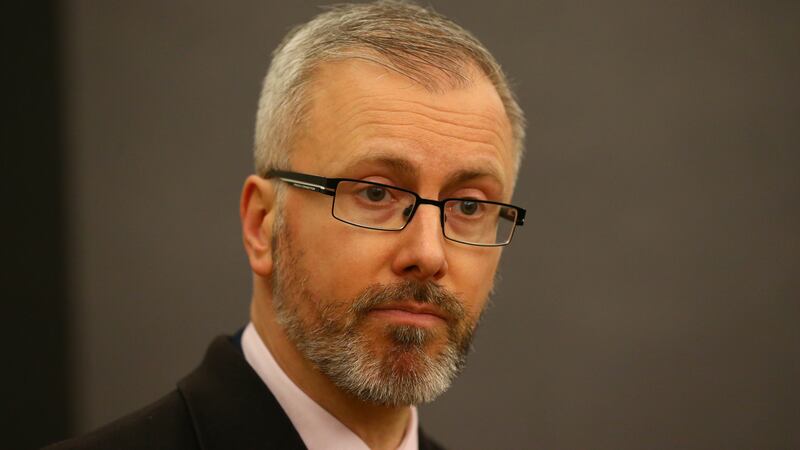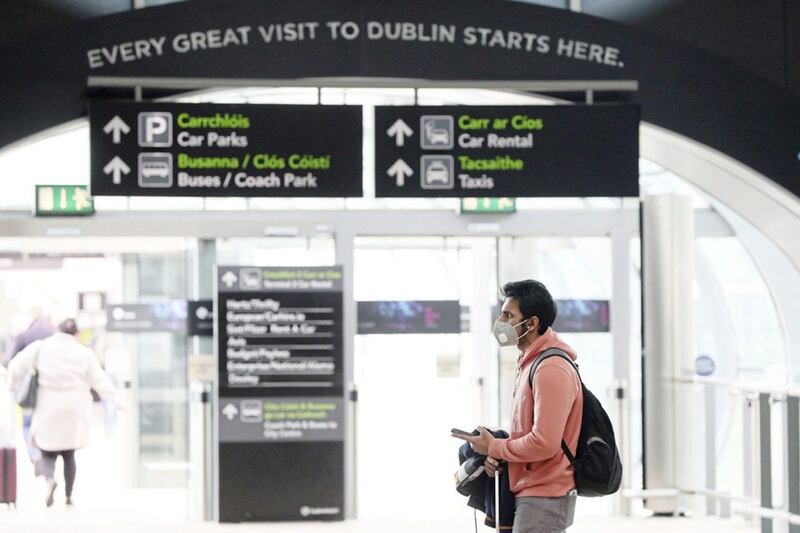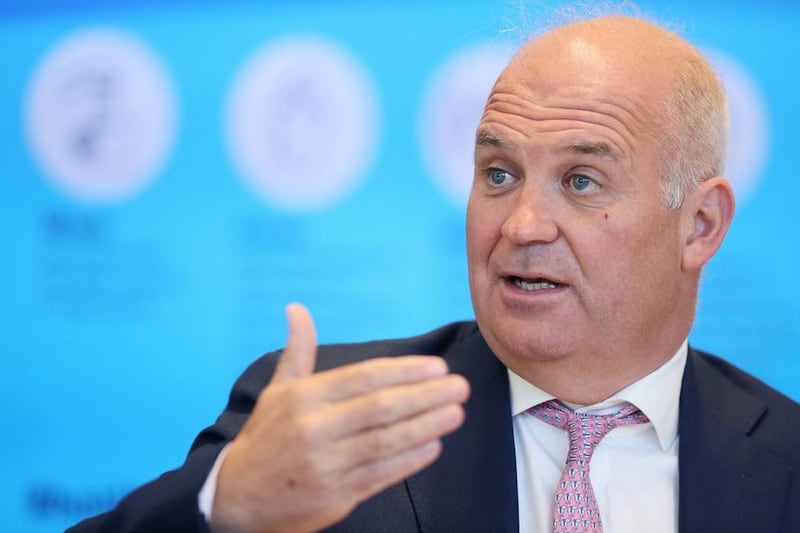The Republic of Ireland's chief medical officer has warned parents not to use antigen tests on children before sending them to school.
Dr Tony Holohan said he had become aware of a “really concerning practice” where children who are symptomatic of Covid-19 are being tested at home, and then sent to school after a negative result.
He warned that this risks not only missing cases of coronavirus, but also respiratory syncytial virus (RSV) and the flu.
He said: “One practice that has come to our attention is people are using antigen tests, when either they or their children are symptomatic, to determine whether or not they have Covid.
“And then on the assumption of a negative test meaning that they don’t have Covid, sending children into school or continuing to engage.
“That is a really concerning practice, because what we’re doing then is we’re potentially missing Covid, but we’re also missing RSV, which is now already a significant cause of problems in children in school, and potentially missing flu.”
He added: “We’re at the start of what might be the flu season, so that’s a very, very concerning practice.
“If individuals have symptoms, the advice is not an antigen test. It’s restrict your movements and get a PCR test.”
Dr Holohan said he retains concerns about the use of antigen tests by people who are not trained healthcare professionals.
“We know that likes of healthcare professionals who are trained in the use of these tests will do the test to highest standard than individuals, and that obviously is a concern that feeds into their general use,” he told RTE’s Today with Claire Byrne.
With the Government announcing that antigen testing will have a wider role in the reopening of society this week, Dr Holohan denied the National Public Health Emergency’s Team’s (Nphet) opposition to their use had set back Ireland’s pandemic response.
He said: “No more than anything else, one single issue is not the cause of what’s happening, nor is it the potential solution.
“What we always advised against, and still do, is a widespread testing of people in the general population who don’t have symptoms.
“Because the danger then is that if an individual gets a negative test, they then undertake something that they wouldn’t have otherwise undertaken.
“We have asked the rapid testing group, which is chaired by Professor Mary Horgan, to look at a very specific situation, which is the potential use of tests by individuals who might propose to undertake riskier activity, now that everything is open.
“Our concern was that it’s used as a green light test to make something safe that otherwise wouldn’t be safe. That’s what we always advised against and still do.”
Dr Holohan also confirmed a “small number” of the Delta subvariant AY.4.2 have been found in Ireland.
The strain which developed from the Delta variant of Covid-19 has been linked with a growing number of infections in the UK.
Dr Holohan said there was “no evidence” that the new variant is resistant to vaccines and “no clear evidence” it is more transmissible than the Delta variant.
He said: “It’s being tracked. There is quite a substantial number (of cases) in the UK, we’ve experienced numbers in this country.
“But it’s not something about which we are raising alarm or concern about at this point in time.”
Meanwhile, HSE chief executive Paul Reid has said that 30% of Ireland’s intensive care beds are now taken by Covid-19 patients.
He tweeted: “Now 86 patients under intensive critical care with #Covid19. This represents almost 30% of ICU beds. This is likely to increase.
“None of us want to be that person. We can turn this around with heightened individual and collective awareness over the coming days & weeks.”
Dr Holohan said a small shift in people’s personal behaviour could be enough to turn the worsening situation around.
“The basic things that people must be sick of hearing us talk about – hand washing, wearing of masks in certain situations, recognising the risk factors, particularly indoors of crowding and meeting up with other people closely” he said.
“If we can collectively, and it might only take a small improvement in our collective behaviour around these things, because things haven’t gotten drastically worse in terms of behaviour.
“But a very small shift in our collective adherence to this basic public health advice is what explains what we’re seeing.”




